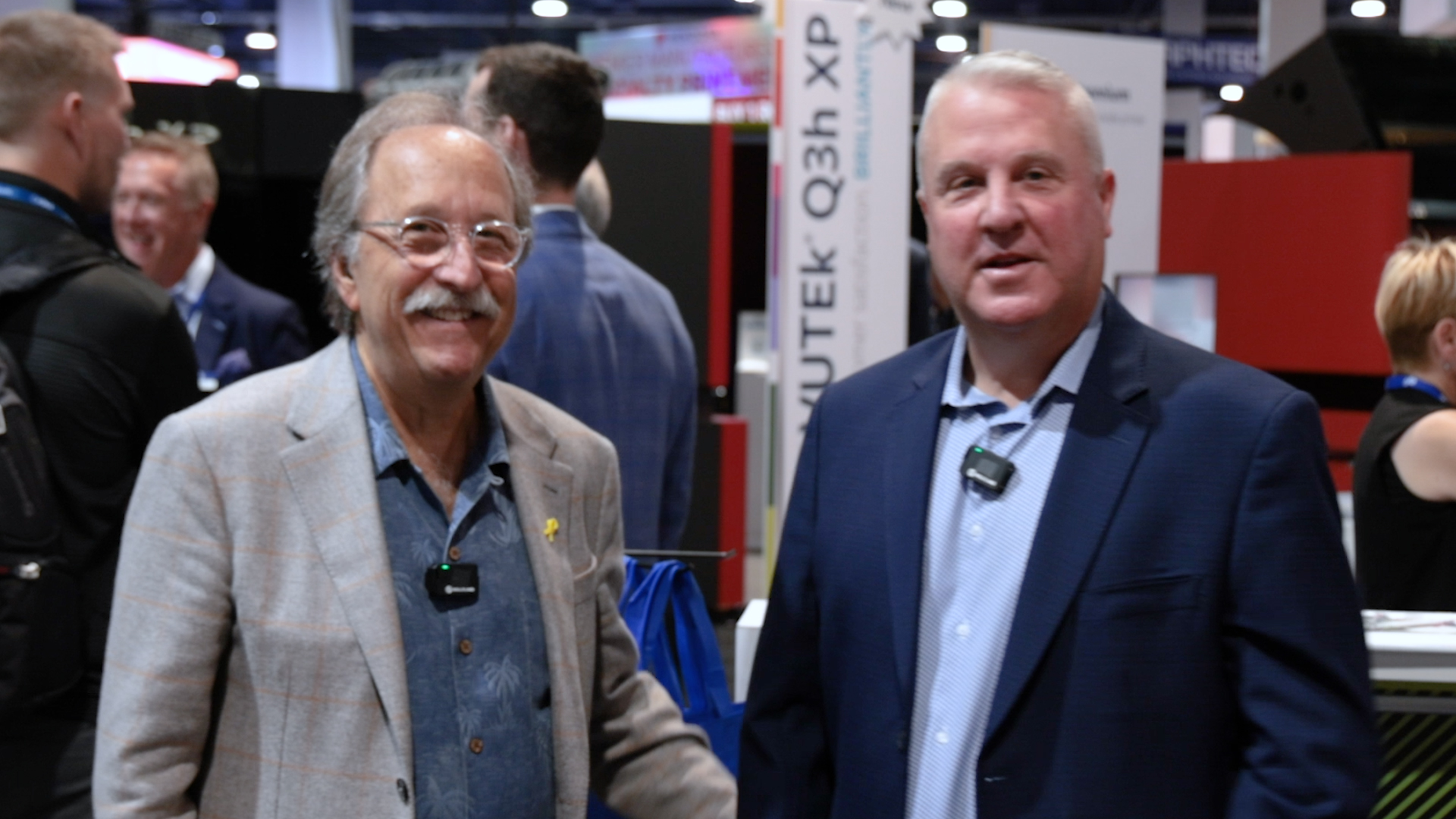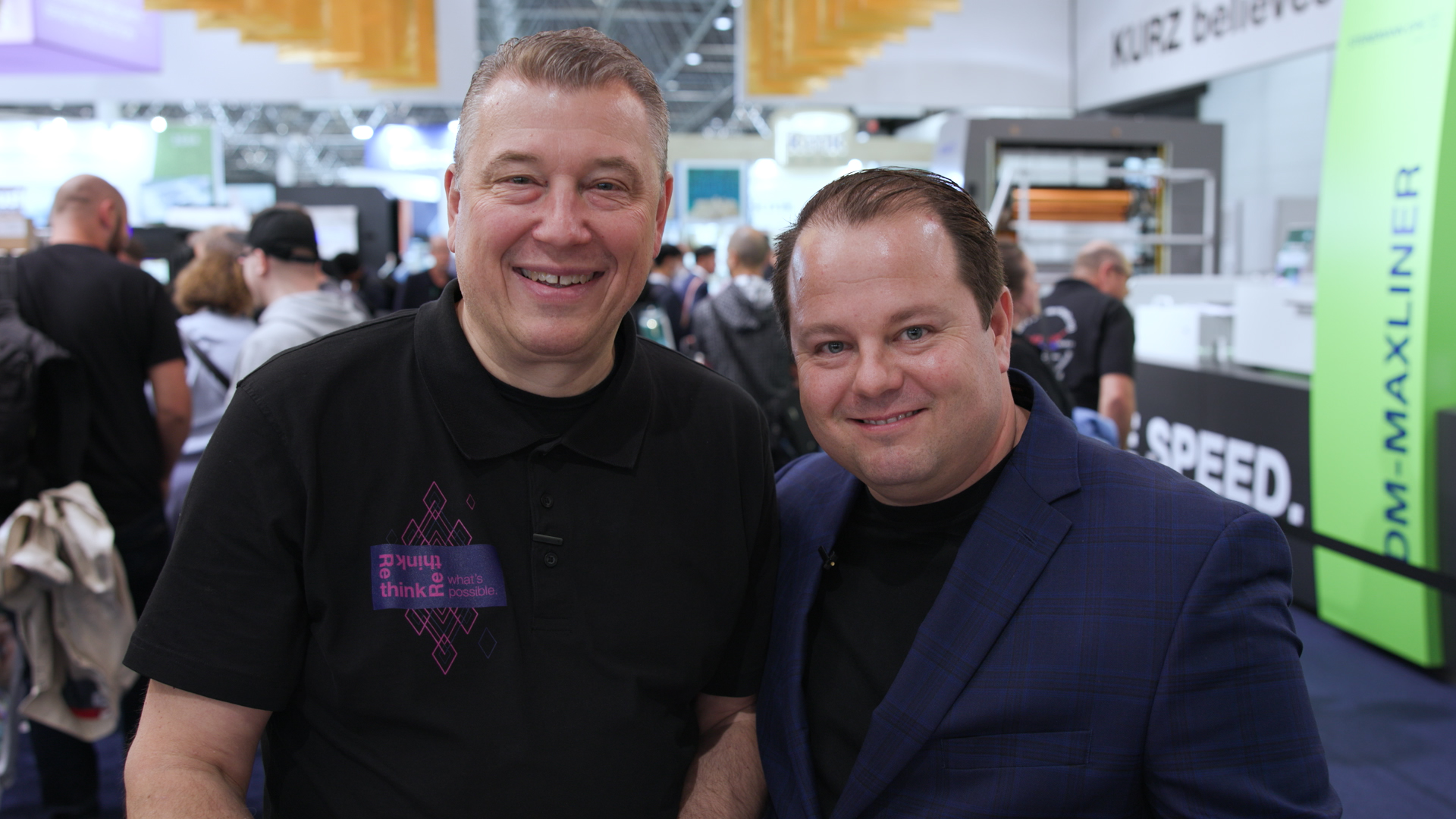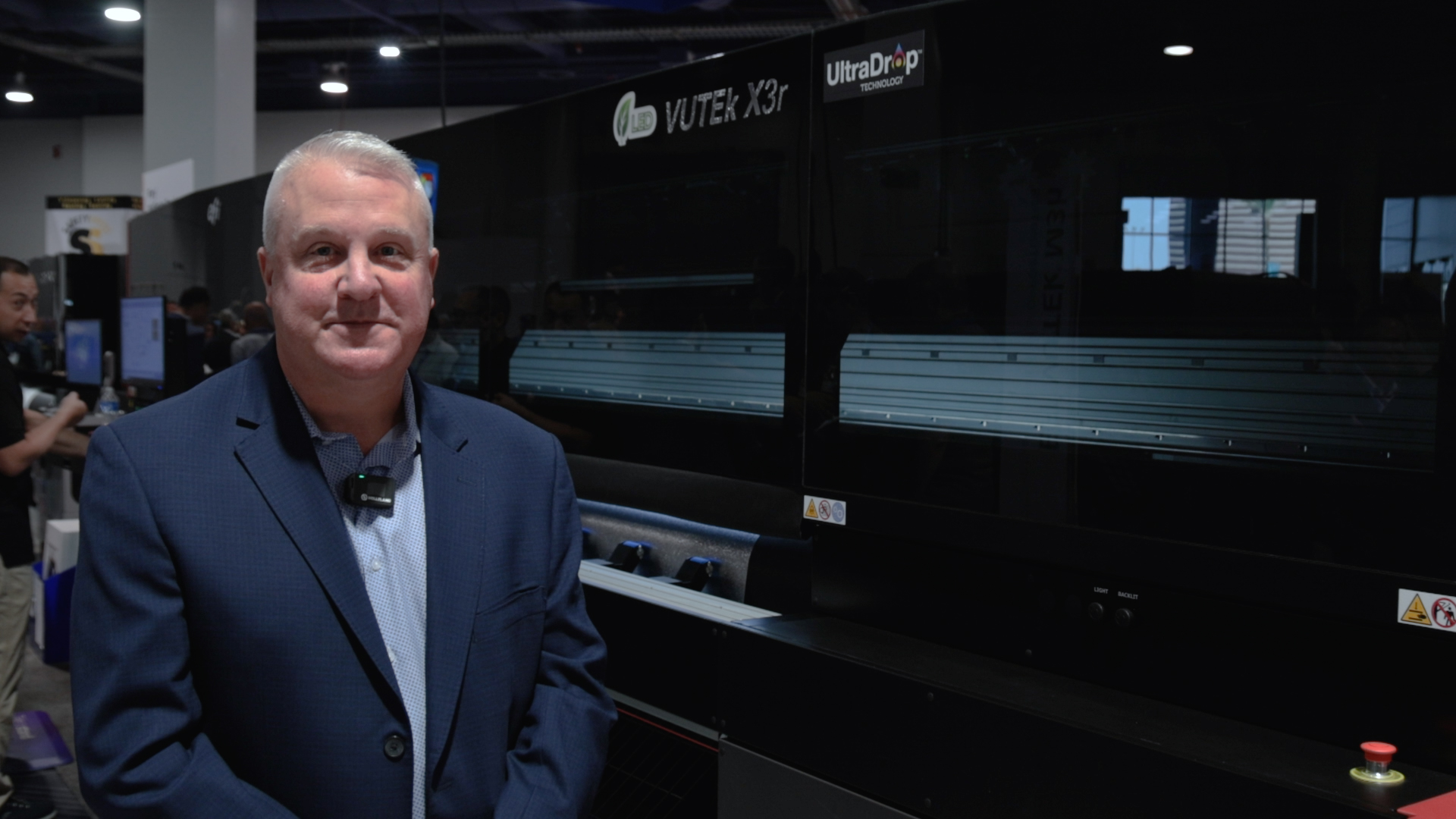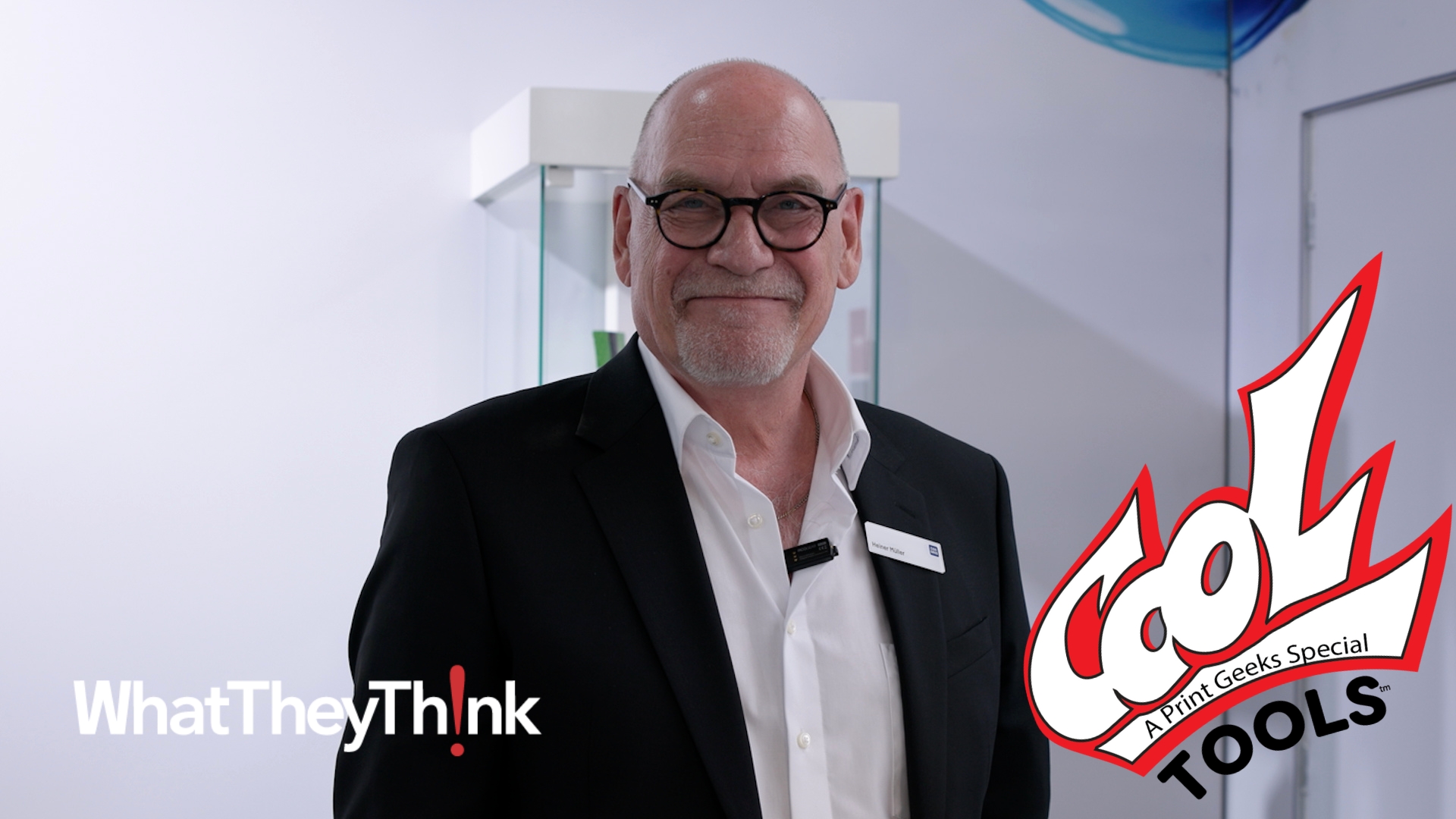Polymer Film Fabrication: Addressing Air Infiltration with Advanced Pump Solutions
Press release from the issuing company
By Mike Libbey, Business Development CIRCOR Pumps America, LLC
Polymer film fabrication is an essential process in various industries, from food packaging to battery production. The demand for precise, high-quality films is on the rise, especially as multilayer films become more common. However, one of the major challenges in this process is air infiltration, which can result in bubbles or gaps in the film, significantly impacting the product's performance and durability. In this article, we’ll explore how air infiltration occurs, why it’s a critical issue, and how advanced pump technology can help mitigate these challenges, ensuring uniformity and quality in polymer film production.
Understanding the Problem: Air Infiltration in Polymer Film Fabrication
Polymer films are created through processes like extrusion, wet processing, casting, and blowing, often involving multiple layers to achieve specific properties. For example, a food packaging film might include one layer to block light and another to prevent moisture penetration. As films become more complex, with more layers designed for specific functionalities, the production process becomes increasingly sensitive to contamination and irregularities. The introduction of air into the production system is one of the most common issues, resulting in bubbles and gaps that compromise the film's structural integrity and performance.
Air infiltration often occurs in areas where the production system is under vacuum or low pressure, such as in vacuum reactors or transfer lines. Any leaks in these areas allow atmospheric air to be sucked into the system, leading to air bubbles in the molten polymer, which are then trapped between the layers of film during the fabrication process. The result is an uneven, flawed product with reduced barrier properties, affecting its use in critical applications like food preservation or battery insulation.
How Air Infiltration Affects Film Quality
When air infiltrates a polymer film production system, it compromises the quality of the final product. The presence of air bubbles can create weak points in the film, leading to:
Compromised barrier properties: Air bubbles disrupt the uniformity of the film, reducing its effectiveness in blocking moisture, light, or gases. In applications like food packaging, this can result in reduced shelf life and product spoilage.
Structural weaknesses: Gaps or voids in the layers of the film can make it more prone to tearing or puncturing, reducing its durability in applications like battery cell packaging, where even minor defects can lead to performance issues.
Inconsistent thickness: Air bubbles cause variations in film thickness, leading to quality control problems. Thin spots may not provide adequate protection, while thicker spots waste material and increase production costs.
Given the critical nature of these issues, it's essential to address air infiltration at every stage of the production process.
The Role of Pumps in Polymer Film Fabrication
Pumps are critical components in the polymer film fabrication process, as they help maintain the flow of molten polymer, ensuring consistent pressure and preventing air infiltration. However, traditional pumps with mechanical seals are prone to air leaks, especially when operating under vacuum or low-pressure conditions. This is where advanced pump technology, such as sealless magnetic drive (mag-drive) pumps, becomes essential.
Mag-drive pumps eliminate the need for mechanical seals, which are common points of air leakage. Instead, these pumps utilize magnetic coupling to drive the pump without creating an opening between the fluid and the external environment. This design significantly reduces the risk of air infiltration, making them ideal for use in polymer film fabrication systems that require a full vacuum or operate under low-pressure conditions.
Solutions for Polymer Film Fabrication
Zenith Pumps from CIRCOR, provide advanced pumping solutions that directly address the pain points associated with air infiltration and ensure uniform film thickness, even in the most demanding applications.
1. Magnetic Drive Pumps for Leak Prevention
Zenith’s mag-drive pumps are an ideal solution for preventing air infiltration in vacuum and low-pressure systems. Unlike traditional pumps that rely on mechanical seals, mag-drive pumps are designed to operate without any seals, eliminating the most common source of leaks. By using magnetic coupling, these pumps ensure that the molten polymer remains isolated from the external environment, even when operating under full vacuum conditions. This not only prevents air from entering the system but also maintains consistent pressure and flow, which is crucial for producing uniform, high-quality films.
In the polymer film fabrication process, these pumps can be mounted directly to the bottom of the vacuum reactor, minimizing connection points and further reducing the risk of leaks. Special porting allows the pump to integrate seamlessly with the reactor, ensuring a closed, airtight system.
2. Triple Lip Seal Technology for Enhanced Protection
Beyond the mag-drive pump at the Vacuum reactor stage, Zenith offers pumps with triple lip seal technology. These pumps use three seals with a barrier fluid between two of the seals, providing an additional layer of protection against air infiltration. The barrier fluid, typically an oil compatible with the polymer being processed, acts as a buffer that prevents air from reaching the molten polymer, even under high-pressure conditions. This technology is particularly useful in multilayer film applications, where different layers require precise control of thickness and uniformity.
3. Precision Pumping for Multilayer Film Uniformity
In the production of multilayer films, such as those used in food packaging or battery cells, precise control over the thickness of each layer is essential. Zenith’s pumps are designed to operate with high accuracy, ensuring uniformity of critical dimensions across all layers. By maintaining consistent flow and pressure, these pumps help manufacturers avoid variations in film thickness, which can lead to scrap and rework.
For example, in a typical seven-layer film used for food packaging, each layer serves a specific purpose, such as blocking light, moisture, or oxygen. Any inconsistency in the thickness of these layers can compromise the film’s performance. Zenith’s pumps, with their low pulse design and high mechanical efficiency (up to 95%), ensure that each layer is applied evenly, reducing waste and improving overall product quality.
Ensuring Quality and Efficiency with Zenith Pumps
Polymer film fabrication is a complex process that requires precise control over pressure, flow, and layer thickness. Air infiltration is a common challenge that can lead to bubbles, gaps, and other defects in the final product. Zenith’s advanced pump technologies, including mag-drive and triple lip seal pumps, provide effective solutions to these challenges by eliminating leaks and ensuring consistent film quality.
By choosing Zenith’s pumps, manufacturers can not only improve the quality of their polymer films but also reduce waste, increase production efficiency, and lower costs. Whether producing food packaging, battery cell films, or other multilayer products, Zenith’s pumps offer the precision and reliability needed to meet the demands of today’s polymer film fabrication industry.
- Kyocera Nixka talks inkjet integration trends
- B2B Customer Tours
- Keeping Inkjet Tickled Pink
- Don’t let the samples fool you
- Global Graphics Integration Story
- Unintended Consequences: AI and the Impact on Sustainability
- Inkjet Integration with Kodak Continuous Inkjet Printheads
- What You Don’t Know About Print Volumes and Inkjet
© 2024 WhatTheyThink. All Rights Reserved.














Discussion
Join the discussion Sign In or Become a Member, doing so is simple and free